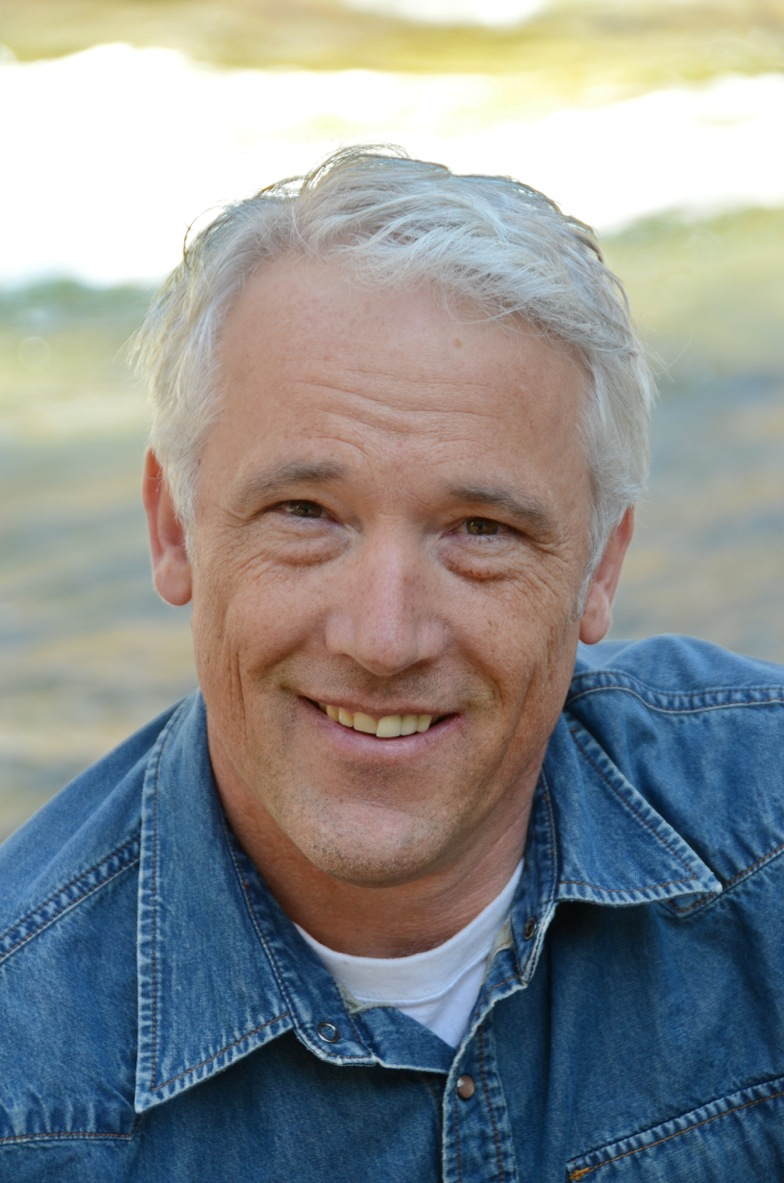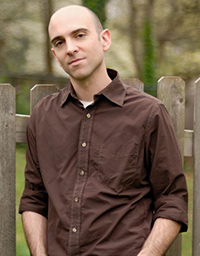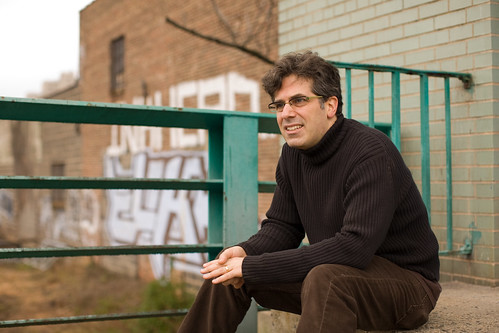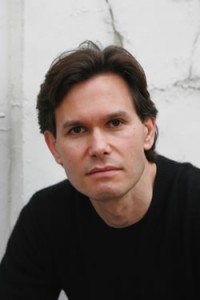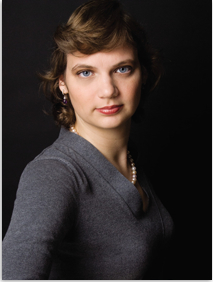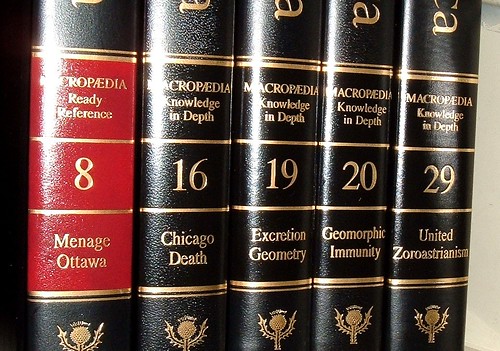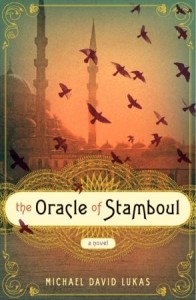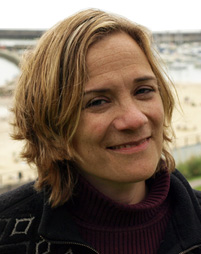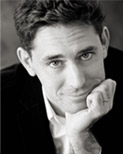New Histories: An Interview with Tim Weed
by Alden Jones
“Here’s the thing about writing historical fiction: you’re not trying to reconstruct or mimic history, which would be altogether boring even if it weren’t impossible. What you’re trying to do is to create a new version of it that will tell a good story while simultaneously capturing something essential, not only about the period, but also about contemporary life.”

